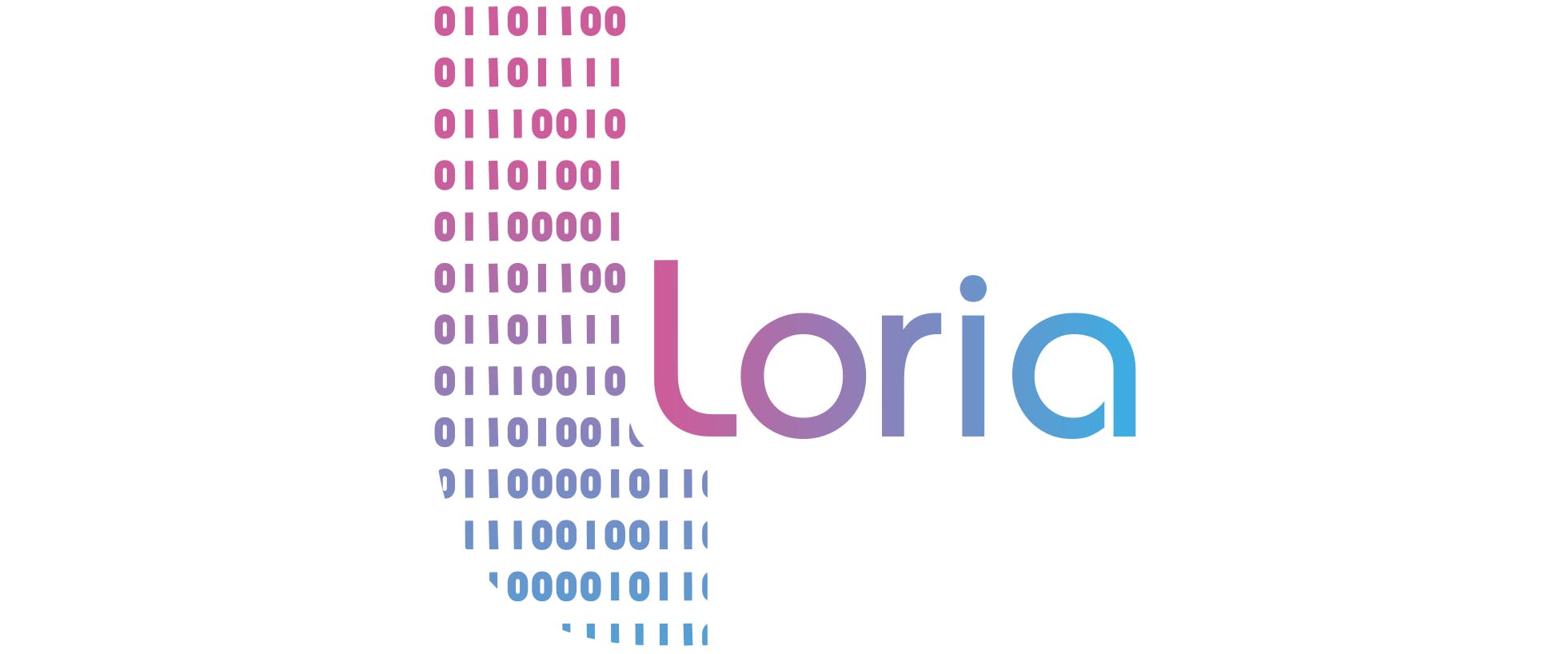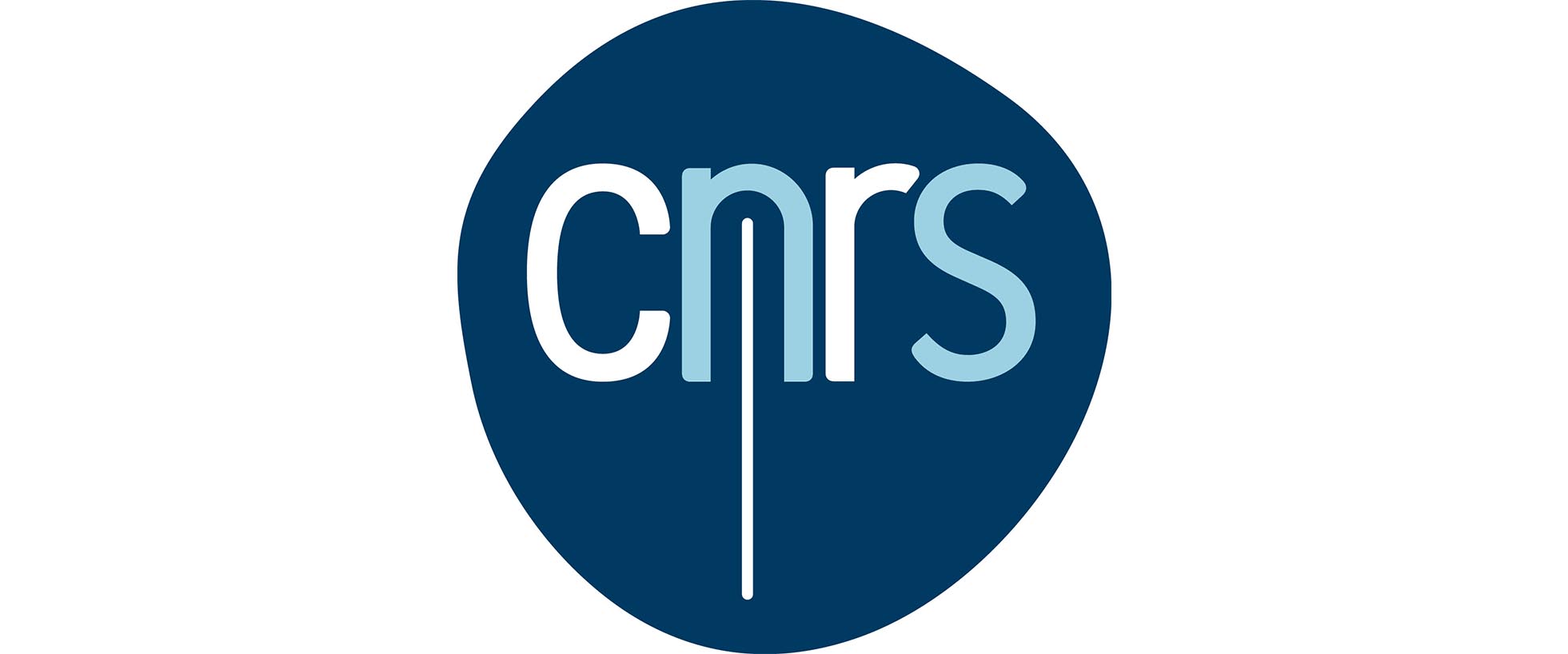Context. Quantum computing is a fast-growing research area. A successful development of the quantum computer requires filling the gap between the abstract quantum algorithms – that can solve problems out of reach of the classical computers – and the emergent architectures of quantum computers.
Objectives. My objective is to contribute to the development of a full quantum stack, from models of quantum computing to quantum programming languages, through intermediate languages like the ZX-calculus.
- It is essential to study models of quantum computing, like MBQC, in order to understand the properties and constraints of quantum technologies.
- The ZX-calculus is a graphical language that can be used to represent and to reason about quantum computations. Equipped with a complete equational theory, it can be used to perform code transformation, resource optimization, and also make computations more robust.
- Programming a quantum computer requires dedicated and specific languages, not only for writing libraries but more importantly to capture the fundamental properties of quantum computing, ease the development of new algorithms, and develop static analysis tools.
I’m also interested in related topics in quantum cryptography (quantum secret sharing), foundations (causality, contextuality, indefinite of causal order), and NISQ algorithms.
A graphical approach. In various contexts, I like to develop graphical approaches for quantum computing, mainly of two kinds: (1) graphical languages like the ZX-calculus related to string diagrams, category theory; (2) Graph states, MBQC which are more related to graph theory. I am particularly happy when there are fruitful connections between the two, e.g. in [DP] and [DKPW]
Contributions.
Graphical Languages / Categorical Quantum Mechanics
ZX-Calculus: theory, completeness.
- Completeness of the ZX-Calculus
(with Emmanuel Jeandel and Renaud Vilmart). LMCS, 2020 [doi, arXiv, HAL]. - Towards a Minimal Stabilizer ZX-calculus
(with Miriam Backens and Harny (Quanlong) Wang) LMCS, 2020 [doi, arXiv, HAL]. - A Generic Normal Form for ZX-Diagrams and Application to the Rational Angle Completeness
(with Emmanuel Jeandel and Renaud Vilmart), LiCS’19 [doi, arXiv, HAL]. - A Complete Axiomatisation of the ZX-Calculus for Clifford+T Quantum Mechanics
(with Emmanuel Jeandel and Renaud Vilmart), LiCS’18 [doi, arXiv, HAL]. - Diagrammatic Reasoning beyond Clifford+T Quantum Mechanics
(with Emmanuel Jeandel and Renaud Vilmart), LiCS’18 [doi, arXiv, HAL]. - ZX-Calculus: Cyclotomic Supplementarity and Incompleteness for Clifford+T quantum mechanics
(with Emmanuel Jeandel, Renaud Vilmart and Harny Wang) MFCS’17 [doi, arXiv, HAL] - Y-Calculus: A language for real Matrices derived from the ZX-Calculus
(with Emmanuel Jeandel and Renaud Vilmart) QPL’17 [doi, arXiv, HAL] - Supplementarity is Necessary for Quantum Diagram Reasoning
(with Harny (Quanlong) Wang) MFCS’16 - A Simplified Stabilizer ZX-calculus
(with Miriam Backens and Harny (Quanlong) Wang) QPL’16 - Pivoting makes the zx-calculus complete for real stabilizers
(with Ross Duncan), QPL’13 - Graph States and the necessity of Euler Decomposition.
(with Ross Duncan), CiE’09
ZX-Calculus: applications, compiling stack.
- Graph-theoretic Simplification of Quantum Circuits with the ZX-calculus
(with Ross Duncan, Aleks Kissinger, and John van de Wetering), Quantum journal, 2020 [doi, arXiv, HAL]. - SZX-calculus: Scalable Graphical Quantum Reasoning
(with Titouan Carette and Dominic Horsman), MFCS’19 [doi, arXiv, HAL]. - Pauli Fusion: a Computational Model to Realise Quantum Transformations from ZX Terms
(with Niel de Beaudrap, Ross Duncan, Dominic Horsman), preprint, [arXiv] - Rewriting measurement-based quantum computations with generalised flow
(with Ross Duncan), ICALP’10
Structures and constructions (for the ZX-calculus and other graphical languages)
- Colored props for large scale graphical reasoning.
(with Titouan Carette) preprint [HAL] - Completeness of Graphical Languages for Mixed States Quantum Mechanics
(with Titouan Carette, Emmanuel Jeandel, and Renaud Vilmart), ICALP’19 [doi, arXiv, HAL] - Environment and classical channels in categorical quantum mechanics
(with Bob Coecke), CSL’10 (journal version LMCS) - Bases in diagrammatic quantum protocols
(with Bob Coecke and Eric Paquette), MFPS’08
Indefinite causal order.
- PBS-calculus: A Graphical Language for Coherent Control of Quantum Computations
(with Alexandre Clément), MFCS 2020 [doi, arXiv, HAL]. - Quantum Circuits for the Unitary Permutation Problem
(with Stefano Facchini) TAMC’15
Graph-based Quantum Computing.
MBQC. Measurement-based quantum computing
- Determinism and Computational Power of Real Measurement-based Quantum Computation
(with Luc Sanselme) FCT’17 [doi, arXiv, HAL]. - Reversibility in the Extended Measurement-based Quantum Computation
(with Nidhal Hamrit) RC’15 - Graph States, Pivot Minor, and Universality of (X,Z)-measurements
(with Mehdi Mhalla), International Journal of Unconventional Computing - Which graph states are useful for quantum information processing?
(with Mehdi Mhalla, Mio Murao, Masato Someya, Peter Turner), TQC’11 - Structural characterization of graph states for quantum information processing
(with Mehdi Mhalla, Mio Murao, Masato Someya, Peter Turner), poster at QIP’2011 - Computational depth complexity of measurement-based quantum computation
(with Dan Browne and Elham Kashefi), TQC’10 [doi, pdf, arXiv, HAL] - The Measurement Calculus: From Theory to Applications.
(with Vincent Danos, Elham Kashef, Prakash Panangaden) Chapter of Semantic Techniques in Quantum Computation, 2010. - Finding optimal flow efficiently
(with Mehdi Mhalla) ICALP’08 - Resources required for preparing graph states
(with Peter Hoyer and Mehdi Mhalla), ISAAC’06 - Generalized Flow and Determinism for the Measurement-based Quantum Computing
(with Dan Browne, Elham Kashefi, Mehdi Mhalla), New Journal of Physics, 2007. - Towards minimal resources of measurement-based quantum computation.
New Journal of Physics, 2007. - Classically-controlled quantum computation.
(with Philippe Jorrand) MSCS. 2006. - State transfer instead of teleportation in measurement-based quantum computation.
International Journal of Quantum Information, 2005
Quantum Secret Sharing and Local Complementation
- On Weak Odd Domination and Graph-based Quantum Secret Sharing
(with Sylvain Gravier, Jérôme Javelle, and Mehdi Mhalla) Theor. Comput. Sci. (2015) - Minimum Degree up to Local Complementation: Bounds, Parameterized Complexity, and Exact Algorithms
(with David Cattaneo) ISAAC’15 - The Parameterized Complexity of Domination-type Problems and Application to Linear Codes
(with David Cattaneo) TAMC’14 - Parameterized Complexity of Weak Odd Domination Problems
(with David Cattaneo), FCT’13 - Access structure in a graph in higher dimension and applications to secret sharing protocols
(with Anne Marin and Damian Markham), TQC’13 - Quantum Secret Sharing with Graph States
(with Sylvain Gravier, Jérôme Javelle, and Mehdi Mhalla), MEMICS’12 - On the Minimum Degree up to Local Complementation: Bounds and Complexity
(with Jérôme Javelle and Mehdi Mhalla), WG’12 - New Protocols and Lower Bound for Quantum Secret Sharing with Graph States
(with Jérôme Javelle and Mehdi Mhalla), TQC’12 - Optimal accessing and non-accessing structures for graph protocols
(with Sylvain Gravier, Jérôme Javelle, and Mehdi Mhalla) - Classical versus Quantum Graph-based Secret Sharing
(with Jérôme Javelle and Mehdi Mhalla) - Information Flow in Secret Sharing Protocols
(with Elham Kashefi, Damian Markham, Mehdi Mhalla), DCM’09
Contextuality and Games
- Contextuality in multipartite pseudo-telepathy graph games
(with Anurag Anshu, Peter Høyer and Mehdi Mhalla), J. Comput. Syst. Sci. (2019), [doi, pdf, HAL] - A complete characterisation of All-versus-Nothing arguments for stabiliser states
(with Samson Abramsky, Rui Soares Barbosa, Giovanni Carù) Phil. Trans. A Royal Society A [doi, arXiv, HAL]. - Contextuality in multipartie pseudo-telepathy graph games
(with Anurag Anshu, Peter Hoyer and Mehdi Mhalla) FCT’17 [doi, arXiv, HAL] - A complete characterisation of All-versus-Nothing arguments for stabiliser states
(with Samson Abramsky, Rui Soares Barbosa, Giovanni Carù) QPL’17
Causal graph dynamics
- Reversible Causal Graph Dynamics : Invertibility, Block representation, Vertex-preservation
(with Pablo Arrighi and Simon Martiel), Natural Computing, 2019 [doi, arXiv, HAL]. - Reversible causal graph dynamics
(with Pablo Arrighi, Simon Martiel) RC’16 - Block Representation of Reversible Causal Graph Dynamics
(with Pablo Arrighi and Simon Martiel) FCT’15
Quantum Programming Languages
- Quantum Programming with Inductive Datatypes: Causality and Affine Type Theory
(with Romain Péchoux, Mathys Rennela and Vladimir Zamdzhiev), FoSSaCS 2020 [doi, arXiv, HAL]. - Call-by-value, call-by-name and the vectorial behaviour of the algebraic lambda-calculus
(with Ali Assaf, Alejandro Díaz-Caro, Christine Tasson, and Benoît Valiron) LMCS [doi, arXiv, HAL] - Completeness of algebraic CPS simulations
(with Ali Assaf), DCM’11 - Abstract Interpretation Techniques in Quantum Computation
(with Philippe Jorrand). Chapter of Semantic Techniques in Quantum Computation, 2010. - Equivalence of algebraic lambda-calculi
(with Alejandro Diaz-Caro, Christine Tasson and Benoît Valiron), HOR’10 - Quantum Entanglement Analysis based on Abstract Interpretation.
SAS’08 [doi, arXiv]
NISQC
- Qualifying quantum approaches for hard industrial optimization problems. A case study in the field of smart-charging of electric vehicles
(with Constantin Dalyac, Loïc Henriet, Emmanuel Jeandel, Wolfgang Lechner, Marc Porcheron, and Margarita Veshchezerova)



